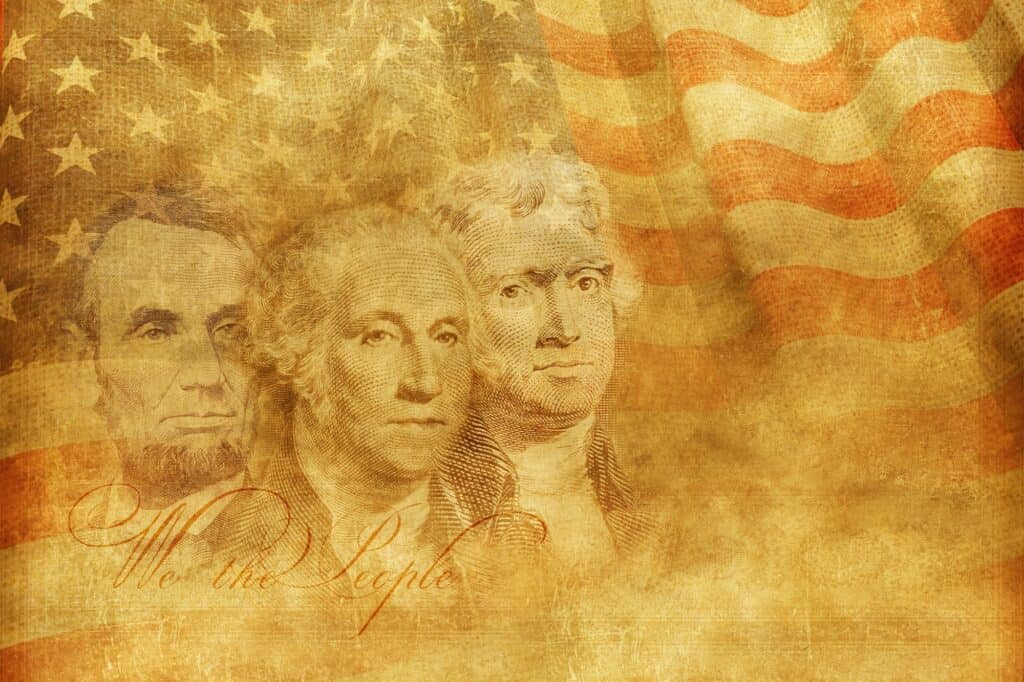To those unversed in the often baffling complexities of U.S. politics, the concept of the Electoral College is probably just as difficult to grasp as the role played by the group of men known as the Founding Fathers. Yet, as seen in the 2016 Presidential Election, the Electoral College is a significant dimension of U.S. democracy, and understanding why the Founding Fathers created the system is important in understanding the entire process.
The creation of the Electoral College was essentially a compromise reached between the Founding Fathers who had debated for a long time about the correct and democratic way for the nation to elect a president every four years and avoid despotism at all costs.

Significantly, the creation of the Electoral College was not thought to be perfect by any means, but it satisfied the opposing camps (one argued that Congress should pick the president, while another insisted on the popular vote). The creation of the Electoral College was a seismic moment in U.S. history and its conception continues to greatly influence the democratic process to this day.
Who Are the Founding Fathers?
The Founding Fathers were a group of military leaders, politicians, writers, and rebels who led the war for independence and united the Thirteen Colonies, thereby constructing the backbone for the United States of America.
Although their personalities, politics, and worldviews tended to differ drastically, the Founding Fathers were united in their rejection of British despotism and their belief in a better, fairer world that would adhere to robust democratic principles and values.
Some of the most significant Founders were George Washington, Benjamin Franklin, John Adams, Thomas Jefferson, James Madison, James Monroe, John Quincy Adams, and Andrew Jackson, who all played an important role in the development of the country.
As well as overthrowing colonial rule, the Founding Fathers were said to be just as successful and adept in peacetime, with the group of men penning a number of significant documents such as the U.S. Constitution.
In fact, it was during the 1787 Constitutional Convention that the Founding Fathers debated the process of electing presidents and landed on the creation of the Electoral College.
The Creation of the Electoral College
Because, at the time, democracy and the election of a chief execution via direct polling was so universally unheard of, there was a strong sense that the Founding Fathers were trying to come to an agreement on something that had genuinely never been attempted on such a large scale before.
One media site notes that the Electoral College was never initially a popular option, in fact, it was always an alternative or compromise. It is said that the Founding Fathers were, “tired, impatient, [and] frustrated. They cobbled together this plan because they couldn’t agree on anything else”.
In terms of the debate between the two camps, it is understood that one group of delegates believed that Congress should not be involved in the presidential election process as it bred too many opportunities for corruption.
Meanwhile, others argued that a straight popular vote was not advisable because 18th-century voters were generally ill-informed due to the lack of literacy and information, and the proliferation of rural living.
It was also feared that dangerous amounts of power could stem the way populist leaders would be able to appeal directly to the people.
Ultimately, then, the Electoral College was created. An imperfect system that divided the responsibility of the election process between ordinary voters and electors – a mixture of senators and representatives.
A Peculiar System
For those unfamiliar with the ins and outs of U.S. politics, the Electoral College usually represents a large source of confusion, and rightfully so, it is a confusing system.
In simple terms, there are 538 electors in the Electoral College – which is a concept as opposed to a physical institution – and a total of 270 votes are needed to win a presidential election.
Official U.S. literature on the system reads: “Each state elects the number of representatives to the Electoral College that is equal to its number of Senators—two from each state—plus its number of delegates in the House of Representatives. The District of Columbia, which has no voting representation in Congress, has three Electoral College votes”.
While the winner of the Electoral College vote typically is the candidate who has already won the popular vote, on a number of different occasions, the presidency has been won without winning the popular vote.
This result occurred most recently in the 2016 presidential election when Republican candidate Donald Trump lost the popular vote to Democrat candidate Hillary Clinton but won the Electoral College vote by well over 70 votes.
Ultimately, while the Electoral College is often criticized for undermining the influence of ordinary voters, the system was brought about many years ago to mediate the democratic process and create a multi-dimension democratic system.Why Did the Founding Fathers Create the Electoral College?